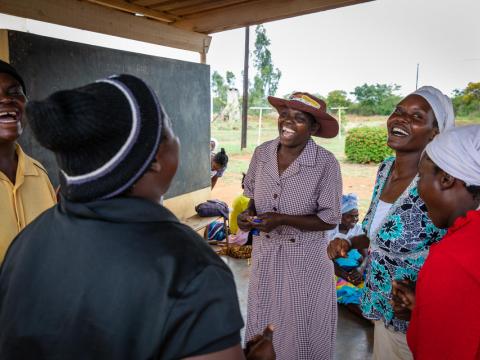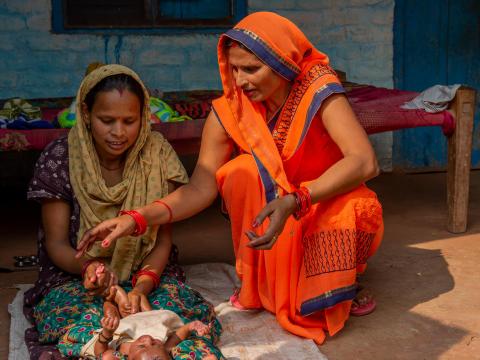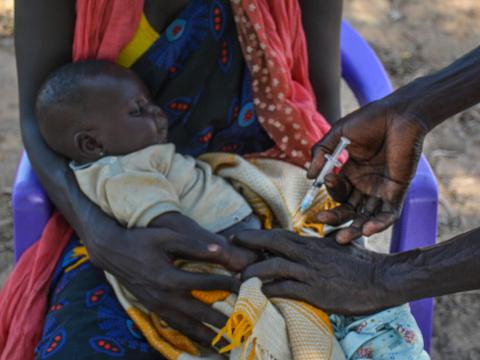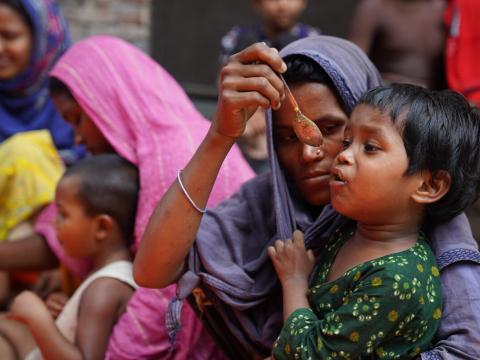
Enough is enough. Let’s guarantee proper nutrition for every child.
In the wake of news about ultra-processed food addiction among children, Dan Irvine, looks with hope to the Micronutrient Forum 6th Global Conference.
It’s ironic that just days before the world’s leading micronutrient forum, news breaks that one in eight children across 36 countries may be addicted to ultra processed foods (UPF).
These ultra processed foods, that Brazilian scientist Fernanda Rauber described as “industrially produced edible substances,” significantly raise the risk of high blood pressure, heart disease, heart attacks and strokes according to two recent large studies. They are also linked to obesity, type 2 diabetes, depression, tooth decay and more.
As thousands of technical experts, policymakers, nutrition programme implementors, civil society representatives, bilateral and multilateral partners and the private sector gather in the Hague to discuss improving micronutrition for the most vulnerable people, we are reminded that the quality of what we eat is a matter of life or death.
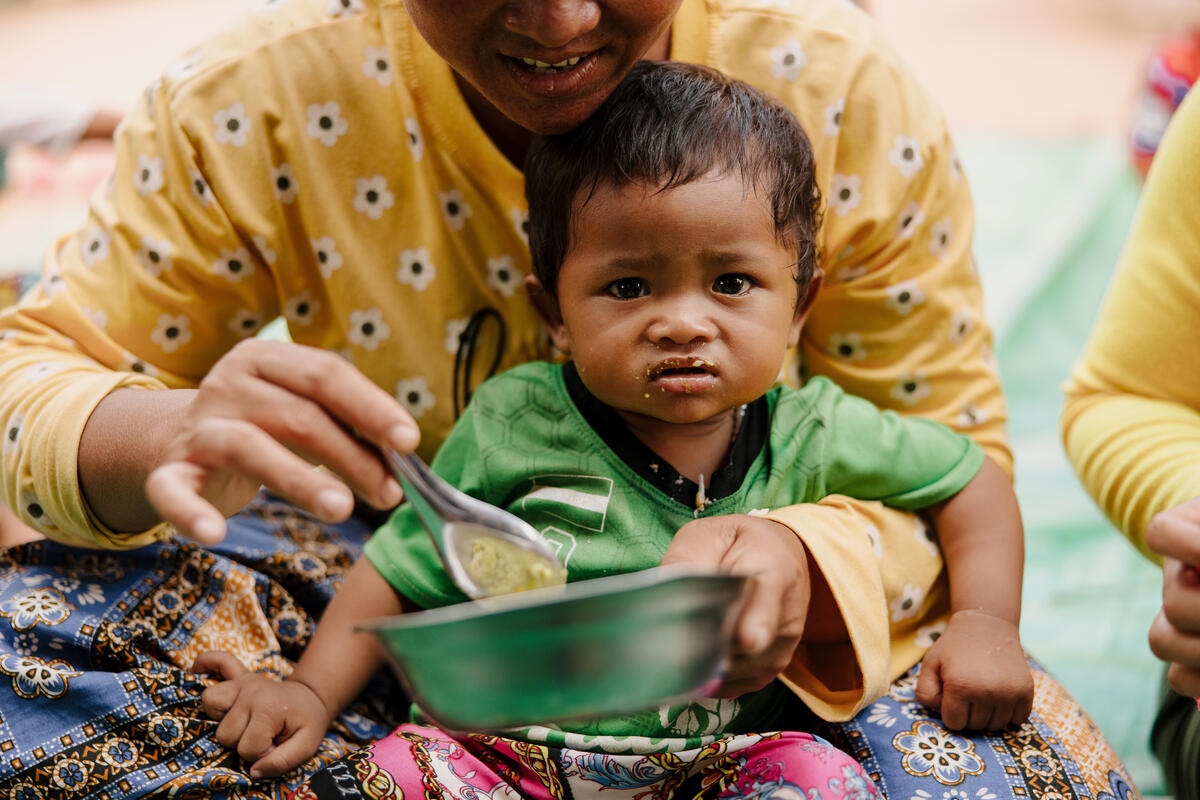
A menu of life-saving options
My World Vision colleagues and I are coming to the Micronutrient Forum 6th Global Conference to share a host of learnings and best practice (and discover more from others) about how to ensure that children—especially malnourished children—get the nutrition they need to survive and thrive.
At the heart of this is our new publication comprising rehabilitation menus from 23 countries developed by World Vision staff and the communities they work in, using locally available, low-cost, nutrient-dense ingredients.
The menus included in this book were successfully used in a food-based rehabilitation and behaviour change approach called, "Positive Deviance/Hearth" programme to rehabilitate undernourished children and prevent malnutrition within the communities where they were designed.
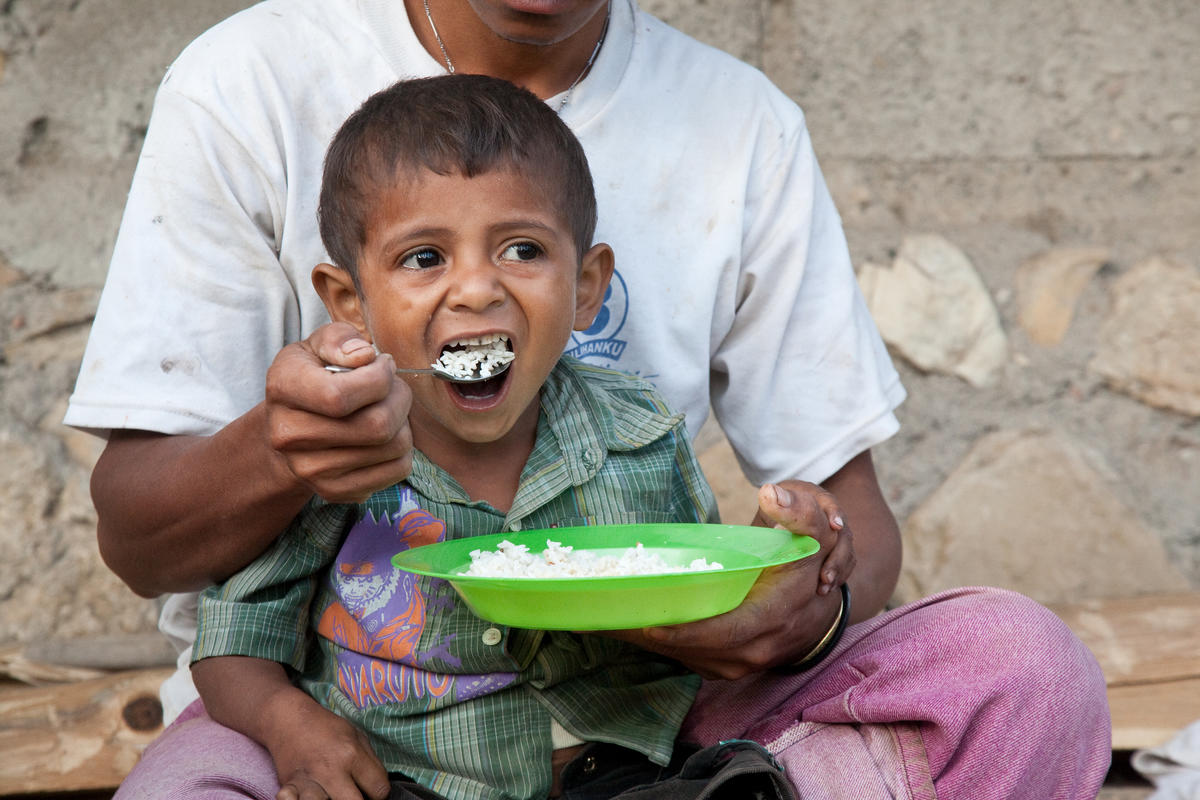
Additives can mean harm or health
The news report warning about the damage and addiction caused by ultra-processed food laid much of the blame on additives such as hydrolysed proteins, maltodextrin, and flavour enhancers.
While it is true that naturally grown food is often the healthiest, adding supplements to food is something we and partners DSM-Firmenich, Africa Improved Foods and Sight and Life have done for a decade now to ensure that people are getting nutrients they might not get elsewhere. Whether that’s fortifying poultry food for more nutritious eggs in Indonesia, or fortified maize meal to help pregnant women in Rwanda, in the quality of food matters profoundly.
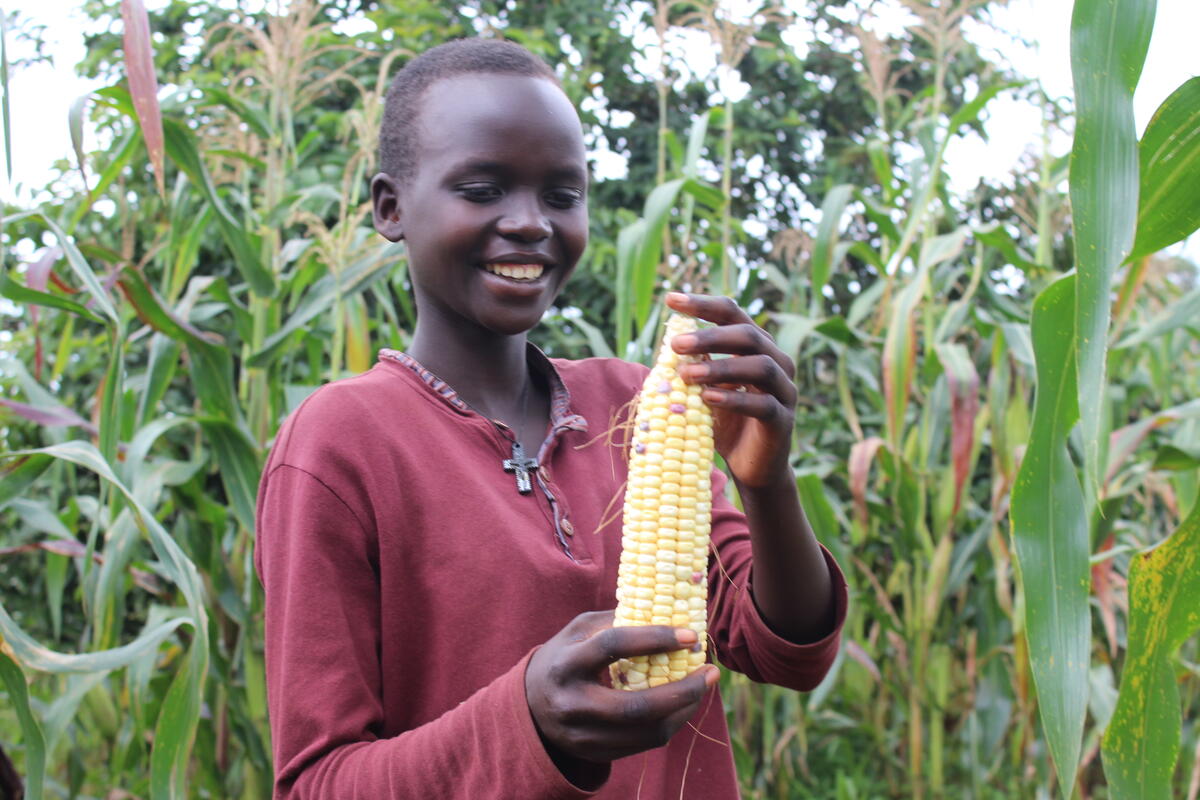
Joining a community that cares about nutrition
On the day that World Vision staff bring 16 poster presentations to the conference, 16 October, the organisation is also launching its ENOUGH global campaign (webpage live from 16 October). In a world of plenty, we know that every child can have enough nutritious food to thrive. We hope you will join this campaign however you can, whether it’s calling for proper investment to feed the hungry, signing a petition (available from 16 October), or a myriad of other ways to say that enough is enough. Every child deserves sufficient, nutritious food even from before they are born, so they have a bright and healthy future.
To learn about World Vision’s involvement in the Micronutrient Forum 6th Global Conference please click here
To learn more about World Vision’s decades of experience in nutrition please click here
Dan Irvine is World Vision International Partnership Leader for Global Health & Nutrition.

